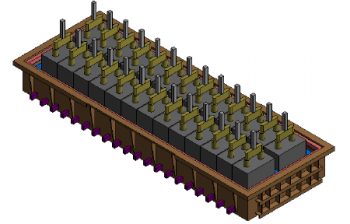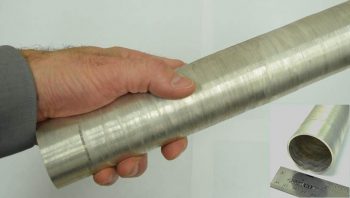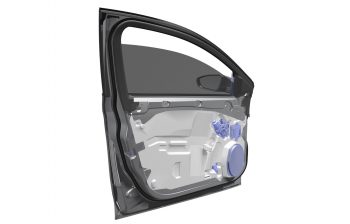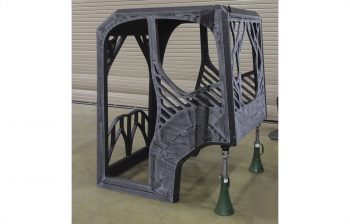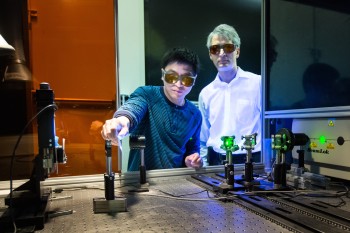
Vehicle manufacturers are exploring the use of aluminum, high-strength steel, magnesium, carbon-fiber composites, and other lightweight materials to reduce vehicle mass and improve fuel economy. This approach requires new adhesive chemistries that will mitigate corrosion and thermal expansion issues associated with joining dissimilar materials. PPG was selected for a U.S. Department of Energy (DOE) partnership, […]

